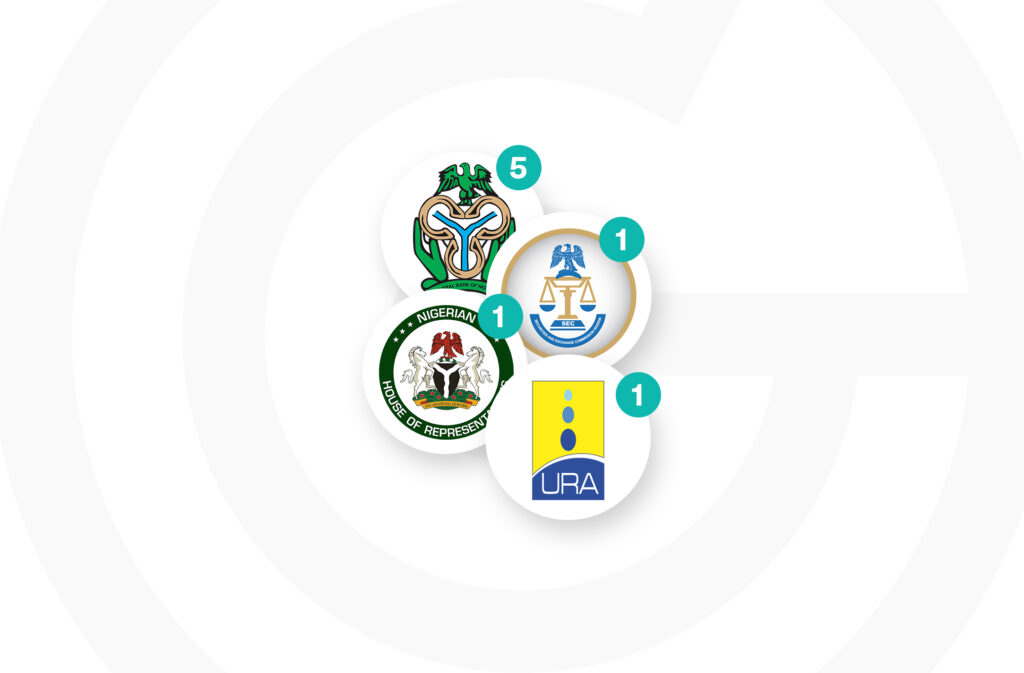
The Nigeria Securities and Exchange Commission (SEC), under the leadership of Director-General Emotimi Agama, has announced the proposal of innovative rules aimed at regulating the issuance and allocation of securities by private companies. This groundbreaking move is designed to enhance the transparency and efficiency of the debt securities market.

According to the information available on the SEC’s website, these rules are set to be implemented upon approval by the Commission. They will apply to a variety of operations, including debt securities issuances by private companies through public offers, private placements, or other methods sanctioned by the commission. The rules also extend to registered exchanges and platforms that admit such debt securities for trading, price discovery, or serve as information repositories, as well as registered capital market operators involved in the issuances and allocation of these securities.
For existing debt securities, the SEC mandates that private companies holding debt securities by qualified investors, as defined within the new rules, must file an application for the registration of these securities through the securities exchanges within three months from the rules’ issuance date. Non-compliance with this directive will incur a substantial penalty starting at N2,000,000 (Two Million Naira), with an additional charge for each day the violation continues.
Eligibility criteria for private entities seeking to issue securities under these rules include being duly incorporated under the Companies and Allied Matters Act (CAMA) or other enabling laws, possessing a minimum of three years of operational track record, and ensuring no default in payment of interest or principal in previous debt issuances for more than six months. Moreover, issuers and their bonds must be rated by a recognized rating agency, though this is optional for private placements. The issued credit rating should not fall below investment grade, and all necessary approvals from other regulatory authorities must be obtained and filed with the SEC through the securities exchange.
The SEC’s proposed rules underscore that they are exclusively applicable to debt securities issued by private companies. Such companies may issue debt securities under a shelf program as per the Commission’s rules on Shelf Registration, with the option of book building available in accordance with the Commission’s rules on book building. Any misrepresentation to prospective investors or violation of these rules will result in sanctions or penalties as prescribed.
Furthermore, the proposal specifies that private companies are prohibited from offering equity securities (shares) to the public under any circumstances. Debt securities issued under these regulations must be sold only to qualified investors, and only registered capital market operators may partake in these issuances.
The SEC emphasizes that no private company or representative thereof may offer, sell, or allot securities to the public without prior clearance and registration by the Commission. Securities acquired in a public offer pursuant to these rules may only be traded on a registered securities exchange.
As part of the conditions for securities issuance, the SEC outlines that private companies may issue securities provided they are plain vanilla bonds/debentures or other debt instruments as determined by the Commission. For sukuk issuances, compliance with specific provisions is required. Moreover, the securities must be offered exclusively to qualified investors, and a private company may undertake a maximum of three debt securities issuances within a one-year period, subject to a total amount not exceeding ₦15 billion.
The registration requirements for private companies intending to offer debt securities include filing a comprehensive checklist along with board and shareholders’ resolutions, statutory information of the issuer, memorandum and articles of association, audited accounts, draft prospectus, and other essential documents through the Securities Exchange.
This initiative by the SEC is poised to significantly reshape the landscape of debt securities issuance by private companies in Nigeria, ensuring a more regulated and transparent market conducive to investor confidence and security.
To stay ahead in navigating the complexities of regulatory changes and ensuring your business remains compliant, subscribe to Compliance Tracker. By subscribing to Compliance Tracker, you’ll gain first-hand access to the most current updates on new regulations and changes across Africa. Don’t let regulatory changes catch you off guard. Subscribe here to Compliance Tracker today and be the first to know, ensuring your business operations remain smooth and compliant.
Last modified: May 10, 2024


